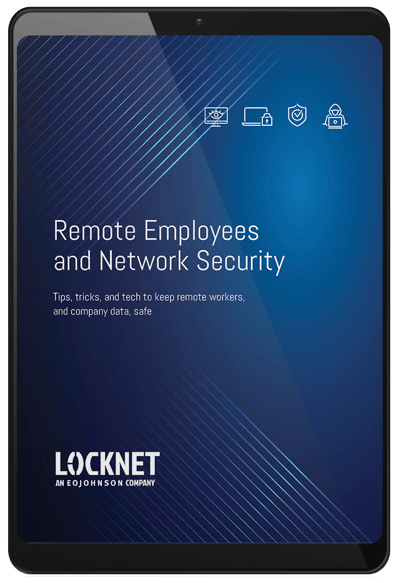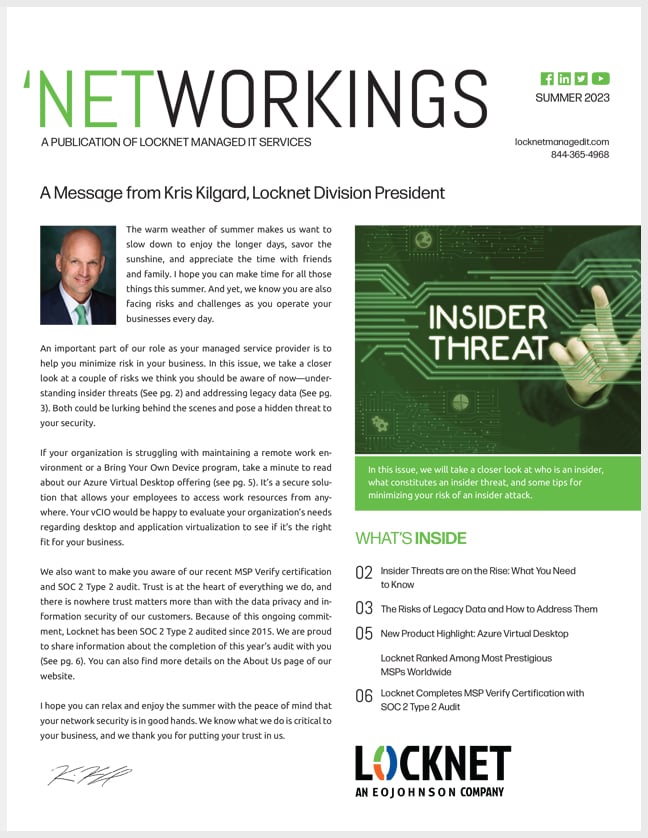Artificial intelligence (AI) is no longer a futuristic concept but an accepted component to driving business innovation and efficiency. As organizations increasingly integrate AI solutions into their operations, the importance of conducting thorough vendor due diligence has become paramount. This practice ensures that AI partnerships are not only effective and innovative but also maintain your security posture and regulatory standards.
Understanding vendor due diligence
Vendor due diligence is the process of thoroughly evaluating a potential vendor's capabilities, reliability, and risks before entering a business partnership. In the context of artificial intelligence, this involves assessing various aspects such as the vendor's technological expertise, data handling practices, security measures, and compliance with relevant laws and regulations. The goal is to mitigate risks associated with utilizing outsourced AI tools, ensuring that the selected vendor aligns with your organization's standards and objectives.
Understanding the difference between traditional vs generative AI
As part of an AI vendor due diligence evaluation, it’s important to understand the capabilities and differences with types of AI. There are a lot of categories with artificial intelligence, but two that you will most likely come across are traditional and generative.
Traditional (non-generative) AI:
- Focuses on performing specific tasks based on predefined rules and instructions.
- Analyzes and predicts outcomes based on specific data input.
- Less complex
Generative AI:
- Creates new content, such as text or images, by learning patterns from existing data.
- Involves learning patterns from pre-training with large amounts of data.
- More complex
The growing risk of accidental AI exposure
One of the emerging risks in AI vendor partnerships is the accidental exposure of sensitive information and data. As AI systems often require large datasets to function effectively, there is a heightened risk that proprietary or personal data could be inadvertently exposed. This can occur through insecure data transfers, lack of training, insufficient access controls, or vulnerabilities within the AI system itself.
Five key areas of consideration for AI due diligence
1) Quality assurance
- Technical competence: Evaluate the vendor's technical expertise and the quality of their AI solutions. This includes understanding their algorithms, the accuracy of their models, and their ability to integrate seamlessly with your existing systems.
- Performance metrics: Consider the vendor's track record and performance metrics. Evaluate case studies, reviews, and performance reports to gauge their reliability and effectiveness.
2) Data privacy and security
- Data handling practices: Ensure the vendor follows robust data handling practices. This includes data encryption, user authentication, and secure storage protocols to protect sensitive information from unauthorized access.
- Compliance with regulations: Verify that the vendor complies with data protection regulations like GDPR and any other industry data standards. Non-compliance can lead to legal repercussions and damage to your organization's reputation
3) Ethical considerations
- Bias and fairness: Assess the vendor's approach to mitigating biases in their AI models. Ethical AI practices would use models that are trained on diverse and representative datasets to avoid discriminatory outcomes.
- Transparency: Understand the vendor’s transparency regarding how their AI systems make decisions. This includes features that allow users to understand and trust the outcomes.
4) Legal compliance
- Regulatory adherence: Confirm that the vendor adheres to all relevant industry regulations and standards. This includes not only data protection laws but also industry-specific regulations that might apply to your business.
- Contractual safeguards: Review contracts carefully to ensure that they include clauses that protect your organization from potential legal issues, such as intellectual property rights.
5) Business continuity
- Risk management: Evaluate the vendor's risk management strategies and their ability to provide uninterrupted service. This includes their disaster recovery plans, backup systems, and resilience against cyber-attacks.
- Financial stability: Assess the financial health of the vendor to ensure they are a stable and viable partner for the long term. This can be done by reviewing their financial statements and credit ratings.
AI due diligence question guide
Download our full AI due diligence question guide. By asking these questions and seeking clear answers, organizations can make informed decisions about whether to use AI platforms and how to protect their privacy while doing so.
AI policies and training
As a best practice, organizations should develop an AI security policy, training, and communication plan to guide employees. Policy and training items to consider include:
- Define your company’s approach to AI tools
- Outline some dos and don’ts
- Incorporate AI language into an acceptable use policy
- Put controls in place based on scope of use
- Educate on use and limitations of the AI tool
- Create a process for employees to suggest new AI tools for due diligence review and use
- Communicate guidelines, policies, and security best practices
Protecting yourself while embracing AI
In an era where data breaches and ethical lapses can significantly impact a company's reputation and bottom line, taking the time to perform due diligence is not just advisable—it's essential. As artificial intelligence technology continues to evolve, maintaining rigorous standards in vendor selection and management will be crucial in harnessing the full potential of AI while safeguarding your organization's interests.
As your managed IT provider, our team of technology and cybersecurity experts are here to help you with your technology roadmap, including incorporating new AI tools into your operation. Let us know how we can help.










